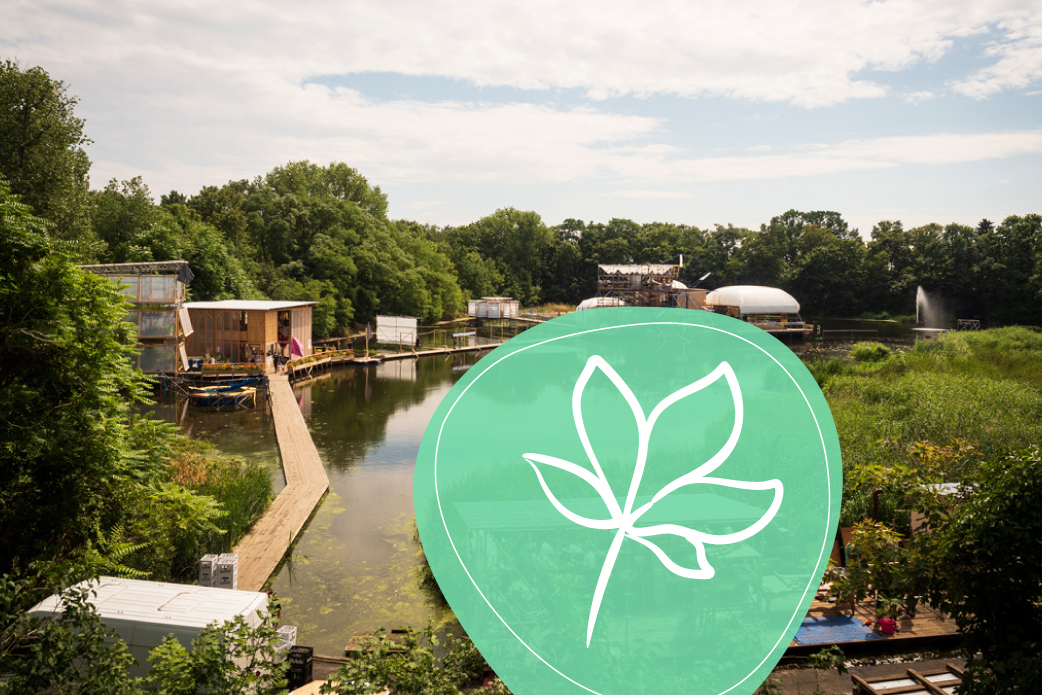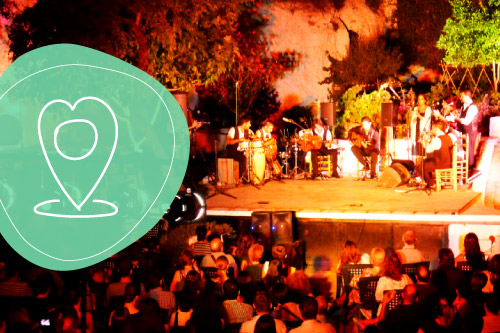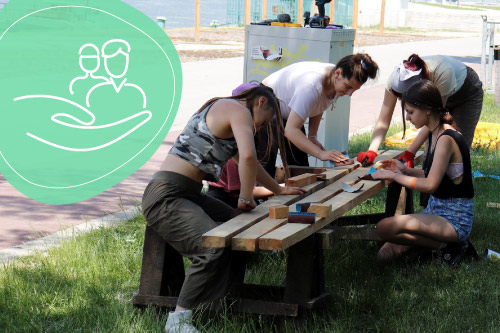Magbago uses innovative materials like fibers from agricultural waste and regenerative fabrics, paired with intelligent NFC labels for full transparency in sourcing, production, and lifecycle. By promoting circularity in fashion and collaborating with local communities, Magbago advances regional socio-economic development while prioritizing sustainability, affordability, and inclusivity for a better future.
Shaping a circular industrial ecosystem and supporting life cycle thinking
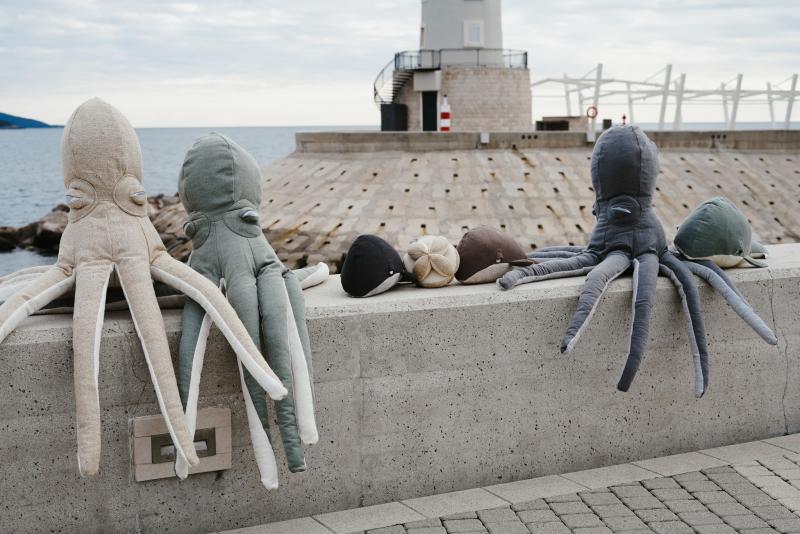
Duga Toys: Play with Purpose Duga Toys creates handmade sea animal plushies to teach kids about ocean conservation. Made from natural, sustainable materials, our toys are safe, washable, and designed to last for generations. Every piece of fabric is used—leftovers become play mats, Montessori balls, or eco-friendly seating. With soft colors and thoughtful design, Duga Toys inspires love for nature through play.
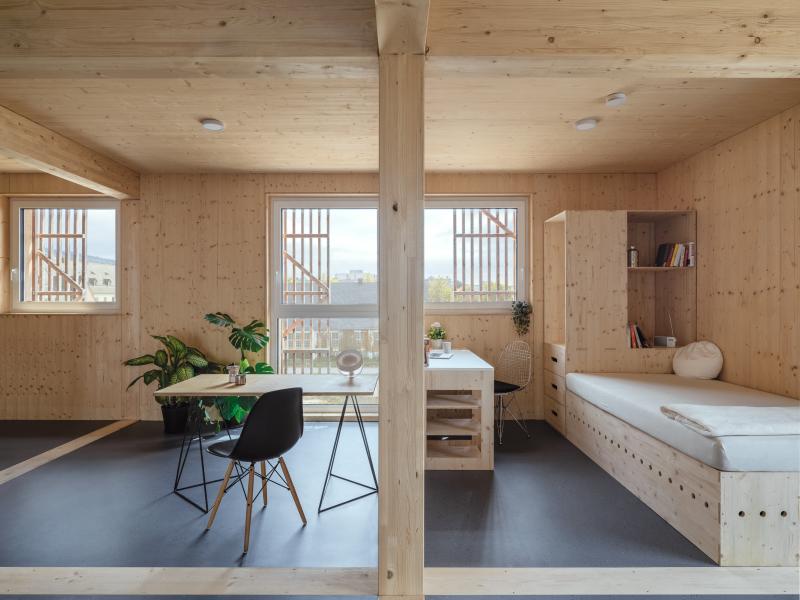
The Collegium Academicum in Heidelberg is an innovative student residence. The building incorporates a unique flexible construction system allowing residents to reconfigure living spaces and adapt them to changing needs. Designed and self-managed by its residents, CA pioneers a transformative approach to communal living and education. CA demonstrates that high-quality architecture, ecological responsibility and affordability can coexist and sets a precedent for the future of sustainable housing.

The mission of Living Places is to show the feasibility of constructing ultra-low-carbon, healthy housing using existing technologies without incurring extra costs or compromising on quality, architecture, aesthetics and indoor climate. It aims to lead the way within the building industry by showcasing in real life how rethinking building principles can address global climate and health challenges.
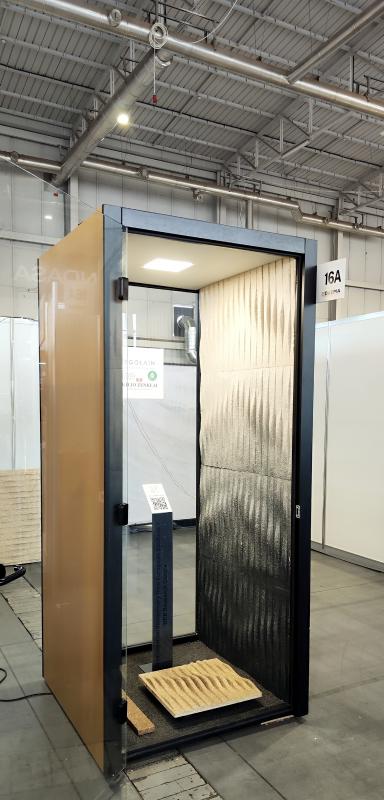
The project transforms locally grown hemp into eco-friendly acoustic panels, offering a zero-waste, CO₂-reducing alternative to conventional materials. By reviving Lithuania’s centuries-old hemp industry, supporting local farmers, and reducing deforestation, we are shaping a circular economy while creating beautiful, sustainable, and functional spaces for residential, public, and commercial use, considering the sustainable design principles of the New European Bauhaus (NEB).
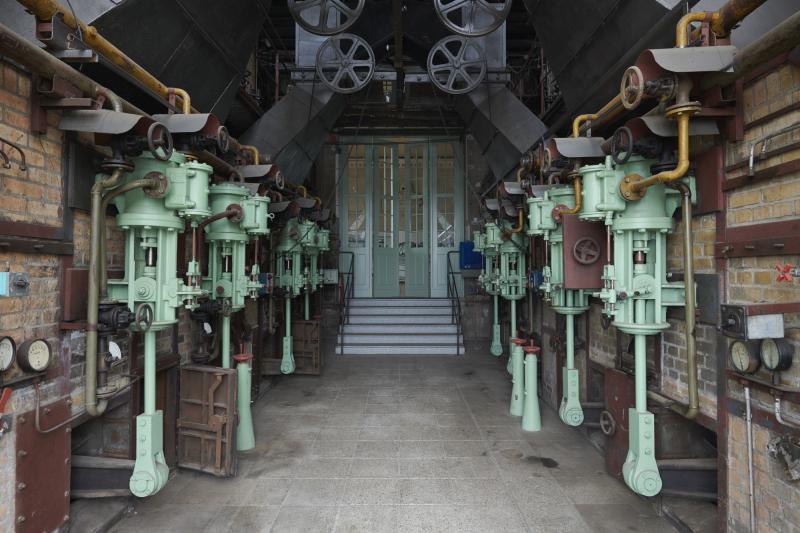
E-WERK (EW) is a not-for-profit cultural organisation established to empower ecosystemic change. EW is located in a former 1913 coal power station, which has been reactivated as a regenerative power station, contemporary art centre and research lab. The programme and national grid is powered by eco-energy ‘Kunststrom’ produced on-site. EW is a lighthouse project demonstrating how to transform our petro-cultural heritage into a regenerative future through sustainability, inclusion and aesthetics.


